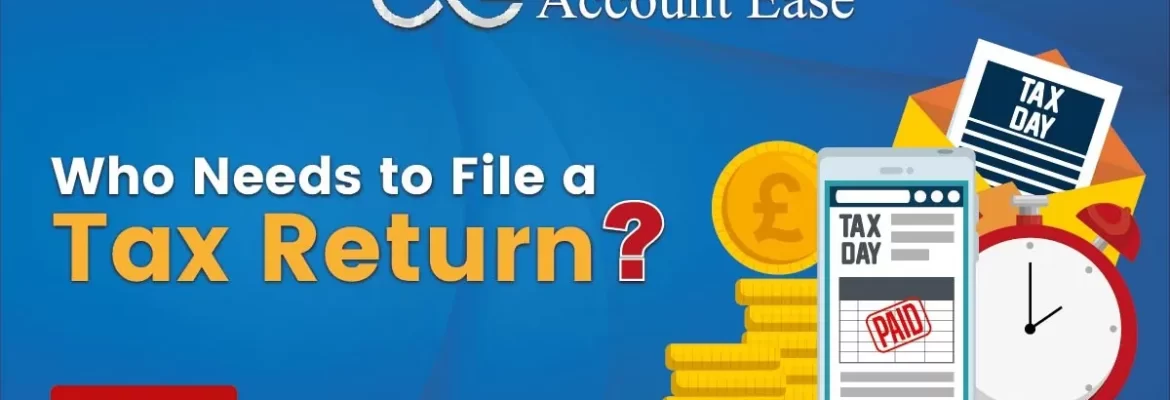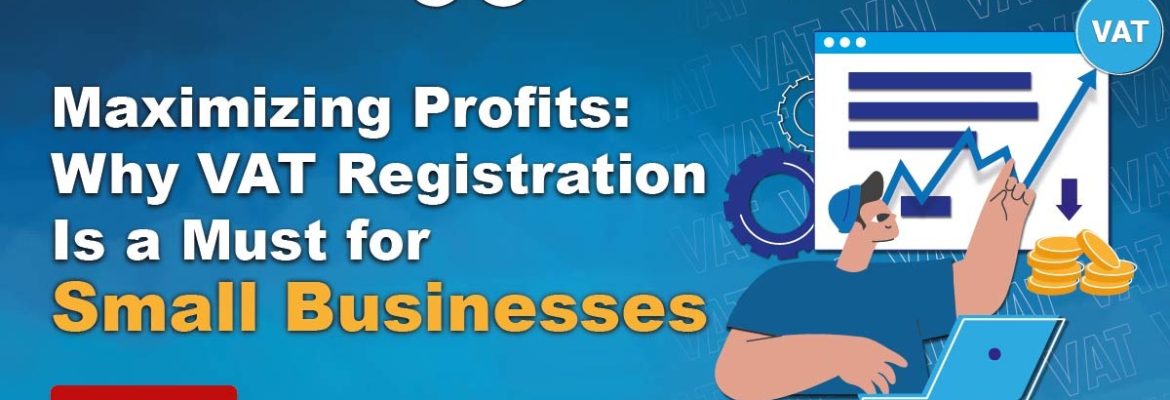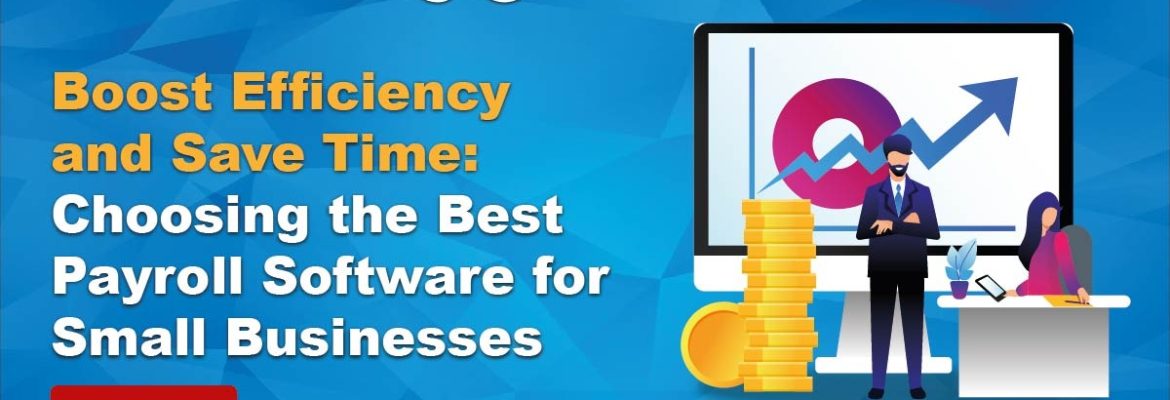Self-Assessment is the system that was created by HM Revenue & Customs (HMRC) to ensure the correct amount of tax is collected for a tax year. You should therefore check each year whether you need to submit a self-assessment tax return. How can I determine if I need to file a tax return? The concept […]



